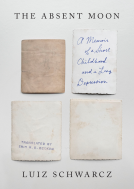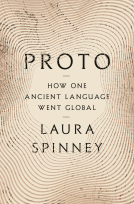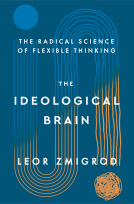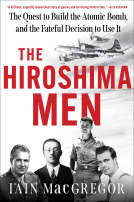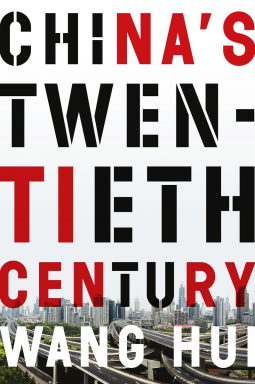
China's Twentieth Century
Revolution, Retreat and the Road to Equality
by Wang Hui
This title was previously available on NetGalley and is now archived.
Buy on Amazon
Buy on BN.com
Buy on Bookshop.org
*This page contains affiliate links, so we may earn a small commission when you make a purchase through links on our site at no additional cost to you.
Send NetGalley books directly to your Kindle or Kindle app
1
To read on a Kindle or Kindle app, please add kindle@netgalley.com as an approved email address to receive files in your Amazon account. Click here for step-by-step instructions.
2
Also find your Kindle email address within your Amazon account, and enter it here.
Pub Date Feb 16 2016 | Archive Date Jan 12 2016
Verso Books (US) | Verso
Description
An examination of the shifts in politics and revolution in China over the last century
What must China do to become truly democratic and equitable? This question animates most progressive debates about this potential superpower, and in China’s Twentieth Century the country’s leading critic, Wang Hui, turns to the past for an answer. Beginning with the birth of modern politics in the 1911 revolution, Wang tracks the initial flourishing of political life, its blossoming in the radical sixties, and its decline in China’s more recent liberalization, to arrive at the crossroads of the present day. Examining the emergence of new class divisions between ethnic groups in the context of Tibet and Xinjiang, alongside the resurgence of neoliberalism through the lens of the Chongqing Incident, Wang Hui argues for a revival of social democracy as the only just path for China’s future.
What must China do to become truly democratic and equitable? This question animates most progressive debates about this potential superpower, and in China’s Twentieth Century the country’s leading critic, Wang Hui, turns to the past for an answer. Beginning with the birth of modern politics in the 1911 revolution, Wang tracks the initial flourishing of political life, its blossoming in the radical sixties, and its decline in China’s more recent liberalization, to arrive at the crossroads of the present day. Examining the emergence of new class divisions between ethnic groups in the context of Tibet and Xinjiang, alongside the resurgence of neoliberalism through the lens of the Chongqing Incident, Wang Hui argues for a revival of social democracy as the only just path for China’s future.
Advance Praise
Praise for Wang Hui:
“A central figure among a group of writers and academics known collectively as the New Left.” —New York Times Magazine
“One of China’s leading historians and most interesting and influential public intellectuals.” —Jeffrey Wasserstrom, Los Angeles Times
Praise for The End of the Revolution:
“Our focus on the country’s future has led to a de facto collusion with the Chinese government in ignoring its past ... In The End of the Revolution, the leading Chinese critic Wang Hui offers an alternative.” —John Gittings, The Guardian
“A central figure among a group of writers and academics known collectively as the New Left.” —New York Times Magazine
“One of China’s leading historians and most interesting and influential public intellectuals.” —Jeffrey Wasserstrom, Los Angeles Times
Praise for The End of the Revolution:
“Our focus on the country’s future has led to a de facto collusion with the Chinese government in ignoring its past ... In The End of the Revolution, the leading Chinese critic Wang Hui offers an alternative.” —John Gittings, The Guardian
Available Editions
| EDITION | Other Format |
| ISBN | 9781781689066 |
| PRICE | $39.95 (USD) |
Links
Average rating from 9 members
Readers who liked this book also liked:
Cooperating with the Holy Spirit
Rev. Dr. Suzanne Nicholson
Christian, Nonfiction (Adult), Religion & Spirituality
Rev. Dr. Suzanne Nicholson
Christian, Nonfiction (Adult), Religion & Spirituality
